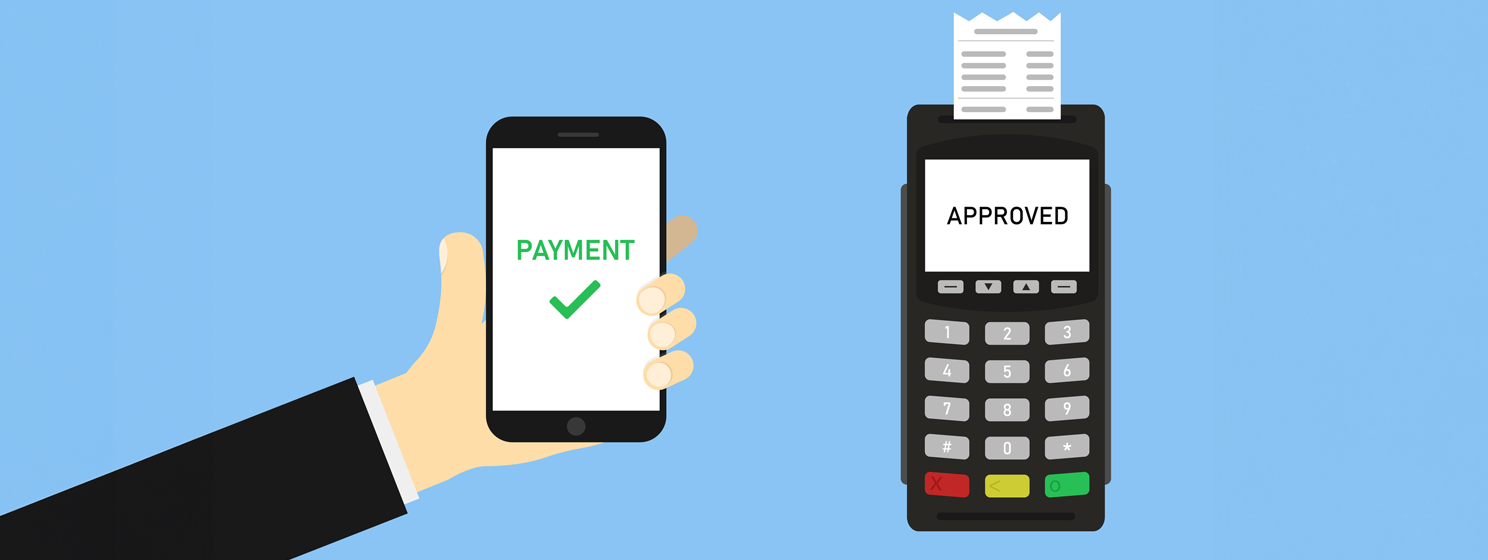|
Getting your Trinity Audio player ready...
|
India’s regulator for securities and commodity markets has suggested that more than one regulator should monitor digital asset trading in the country.
The Securities and Exchange Board of India (Sebi) and the Reserve Bank of India (RBI) have submitted a separate set of documents to a government panel in charge of preparing regulatory policy for the finance ministry to examine. A Reuters report, quoting an official it did not identify, said the government panel is expected to prepare its report by June.
The RBI, which has continuously maintained a suspicious stance against digital assets trading, favors banning stablecoins. Stablecoins are pegged to certain fiat currencies, making them less volatile than digital assets.
The RBI added that digital assets trading may result in a loss of income from money creation for central banks and bring about tax evasion. The central banks said that decentralized peer-to-peer transactions in digital assets pose fiscal stability risks as they depend on voluntary compliance.
Sebi, on the other hand, has suggested that multiple regulators should monitor digital assets-linked activities instead of a single supervisor. It said it could oversee initial coin offerings (ICOs), manage digital assets classified as securities, as well as issue licenses for equity-market related products, while digital assets backed by fiat currencies could be administered by the RBI.
Similarly, the Insurance Regulatory and Development Authority of India (IRDAI) and the Pension Fund Regulatory and Development Authority (PFRDA) could monitor insurance- and pension-related digital assets activities.
The documents also proposed that investor complaints tied to digital assets trading could be taken up under India’s Consumer Protection Act.
“Sebi’s proposal for multiple regulators to oversee the virtual digital assets (VDAs) sector represents a balanced and pragmatic approach. This move can ensure comprehensive oversight by leveraging the expertise of various financial authorities, thereby enhancing regulatory clarity,” Edul Patel, chief executive at digital asset investment platform Mudrex told CoinGeek.
“It is a progressive stance that acknowledges the multifaceted nature of VDAs. Moreover, it can help in building investor confidence, as a well-regulated environment reduces the likelihood of market abuses and enhances the overall integrity of the ecosystem,” Patel added.
Sebi vs. RBI
This is not the first time Sebi has discussed digital asset trading. In March, Madhabi Puri Buch, Sebi’s chairperson, announced plans to introduce faster trade settlements to compete with digital currency. Settlements refer to the final stage of payment and completion of a securities trade transaction.
“If our well-regulated market cannot compete with the crypto world and cannot say we also offer you tokenization and instantaneous settlement over the medium term, I won’t even say long term, you should expect investors to move,” Buch had said.
“Everybody wants instant everything. Right? So why should anyone believe that tomorrow if an alternative is available with instant settlement tokenization and they say the regulated market doesn’t offer it, you should expect people to move,” Buch added.
However, the central bank of the world’s biggest democracy insisted on a complete ban on digital currencies, but the government, instead of an outright restriction, imposed one of the harshest taxation on digital asset trading—a 30% flat tax on all digital currency income with no provision to offset losses and a 1% tax deducted at source (TDS) on all transactions above Indian Rupee 10,000 ($120). In 2023, India introduced a penalty equal to TDS for non-deduction, interest of 15% annually for late payment, and even a jail term of up to six months.
“I think the exuberance [for cryptocurrencies] which was there two years ago, that exuberance is not there [anymore]. There is greater awareness among people about the risks and dangers associated with crypto,” RBI Governor Shaktikanta Das said in March.
“Some people will make money, but a larger number of people are likely to incur loss because it’s a speculative product,” Das added.
While the South Asian nation is looking to regulate the digital assets space, Finance Minister Nirmala Sitharaman said that ‘cryptocurrencies’ cannot be a legal currency in India but are simply assets for trading and speculation.
At the same time, Uday Kotak, the founder of India’s third-largest private bank, Kotak Mahindra, labeled digital currency as an “alternate market currency” and a necessary counter hedge for governments worldwide who misbehave and are irresponsible on the fiscal or monetary side over long periods of time.
In March 2023, the Finance Ministry made it mandatory for digital asset exchanges to register with the Financial Intelligence Unit (FIU) and comply with other norms under the Prevention of Money Laundering Act (PMLA). The move required exchanges to conduct due diligence and report suspicious or high-value transactions to the authorities. Prior to this, digital asset exchanges typically provided information when requested by authorities.
“India has already taken baby steps towards regulation by imposing taxes and bringing crypto under PMLA,” Rajagopal Menon, vice president of WazirX, told CoinGeek.
“According to the G20 Delhi declaration, all signatory countries have to have crypto regulation in place by 2025. This report suggests that the government has set the ball rolling for regulations. These are suggestions [and] recommendations; let’s see what the final form will be, whether we have multiple regulators or a single one,” Menon added.
Watch: ‘Disruptive’ blockchain can be useful for India

 03-05-2026
03-05-2026 




